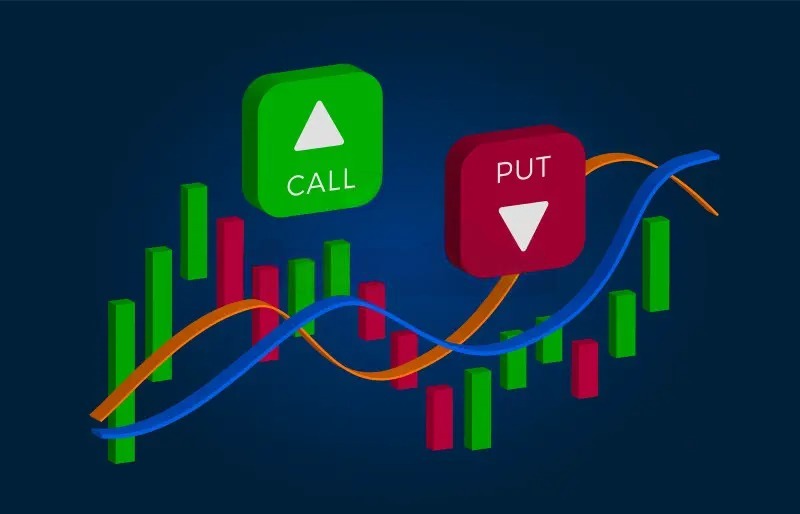
Let’s examine how these factors typically affect both call and put options
Basic Effects on Option Prices
| When This Happens | Call Options | Put Options |
| Stock price rises | Increase | Decrease |
| Stock price falls | Decrease | Increase |
| Time passes | Decrease | Decrease |
But the story gets more interesting when we look at positions traders might take. Here’s how these factors affect different positions:
Impact of Factors on Different Options Positions
If a trader is long on a call option, a rise in implied volatility is favorable. That’s because higher volatility is typically priced into the option premium. Meanwhile, if a trader establishes a short call option position, a rise in implied volatility will have a negative effect.
For example, if you buy (go long on) a call option, you benefit from the following:
Rising stock prices
Increasing market volatility
Having more time until expiration
However, you’re hurt by the following:
Falling stock prices
The constant tick of time decay
The opposite is true if you sell (go short) that same call option. As an options seller, time decay works in your favor, but you’re hurt by rising volatility.
The complexity of these factors is why experienced options traders rely on specific measures called the Greeks to understand their risk exposure. These measurements help traders quantify and manage how these factors affect their positions.
